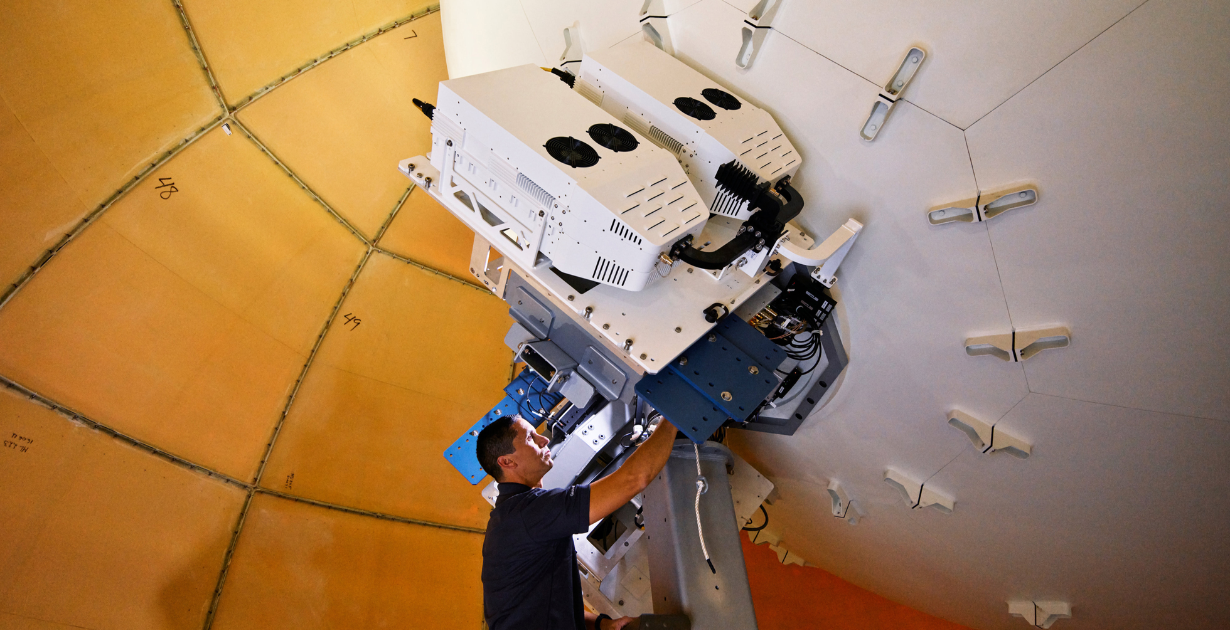Apple Implements Emergency Satellite Functions in iPhone 13 with iOS 18.5
Apple on Monday, published iOS 18.5, which introduces emergency satellite capabilities to iPhone 13 owners for the first time.
The satellite features were previously accessible to users of an iPhone 14 or later.
The emergency satellite system for iPhone is intended for use during critical situations when a cellular signal or Wi-Fi is unavailable.
It enables individuals to contact emergency services, send a text message via satellite, share information with their emergency contacts, or request roadside assistance.
The iOS 18.5 update is primarily concerned with enabling users to access satellite services offered by carriers, such as those offered by T-Mobile (via Starlink).
Rescuers have reported that the feature has saved lives to date, including rescuing individuals from wildfires, assisting lost and injured trekkers, and more.
While the most significant addition to iOS 18.5 is the expansion of satellite emergency services to iPhone 13 owners, iPhone users are also receiving a number of smaller updates.
This encompasses the implementation of a new feature for Screen Time, Apple’s parental control software, that notifies parents when their child accurately inputs the parent’s passcode to access Screen Time permissions.
An updated Mail app, which allows users to access the “All Mail” category as a separate tab, a new Pride wallpaper, and a more convenient method of subscribing to content from the Apple TV app on a smart TV or connected device are among the other enhancements.
In addition, Apple has resolved a problem that caused the Apple Vision Pro app to launch with a black screen when downloaded from the App Store, as well as other issues with Siri, enterprise apps not activating, and more.
An analysis has revealed that the advancements in “reasoning” AI models may experience a decline in the near future.
An analysis conducted by Epoch AI, a nonprofit AI research institute, indicates that the AI industry may not be able to achieve significant performance improvements from reasoning AI models for an extended period.
The report’s findings indicate that progress from reasoning models may slow down within a year.
In recent months, there have been substantial improvements in AI benchmarks, particularly those that evaluate programming and mathematical abilities, as a result of reasoning models like OpenAI’s o3.
news via inbox
Get the latest updates delivered straight to your inbox. Subscribe now!




